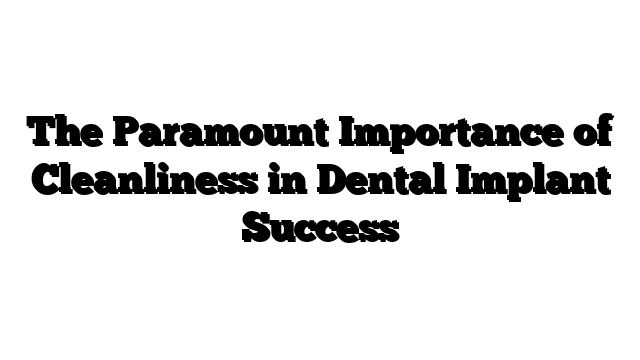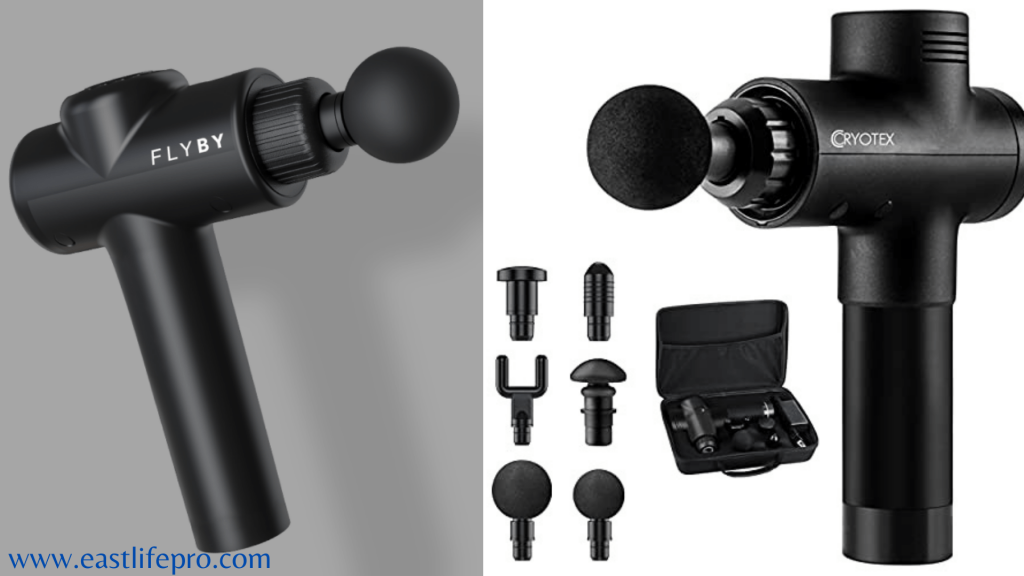When it comes to the world of dental implants, the success of procedures doesn’t solely rest on the skill of the dental professionals or the quality of the implants. An often underappreciated yet critical aspect is the level of cleanliness maintained in dental implant clinics. For comprehensive information and expert guidance on dental implants, contact Temecula Center for Wisdom Teeth & Dental Implants, where your journey to a confident and restored smile begins. This article delves into why a spotless environment is not just a preference but a necessity for successful dental implantation.
Sterilization: The First Line of Defense
In dental implant clinics, sterilization is more than a routine; it’s a safeguard against infections that can compromise the success of implant surgeries. Every tool and surface undergoes this rigorous process, ensuring a safe and sterile environment for every procedure.
- Unwavering Sterilization Standards: Every instrument and surface in a dental implant clinic undergoes rigorous sterilization. This process is crucial to eliminate any potential contaminants that could lead to infections, a primary cause of implant failure.
Fun Fact
Did you know that dental instruments are sterilized at temperatures that can exceed 270 degrees Fahrenheit? This extreme heat ensures that even the most stubborn bacteria are eradicated.
Operational Cleanliness: More Than Just Aesthetic Appeal
Maintaining a visibly clean clinic isn’t just about making a good impression. It’s about creating a safe environment where patients can trust that their health is in good hands. This level of operational cleanliness extends from the waiting room to the operating area.
- Microscopic Enemies: In dental clinics, the enemies are often microscopic. Bacteria and viruses can linger on surfaces and tools, making thorough cleaning a non-negotiable practice.
Air and Water Quality: Invisible Yet Vital
The quality of air and water in a dental implant clinic plays a significant role in maintaining a sterile environment. High standards in these areas are essential to prevent the spread of infections and ensure the safety of both patients and staff.
- Breathing Easy: Dental clinics are particularly vigilant about air quality. High-efficiency particulate air (HEPA) filters are often used to capture airborne pathogens, providing a safer breathing environment for both patients and staff.
- Waterline Vigilance: Dental tools use water, and if the waterlines aren’t regularly treated, they can become a breeding ground for bacteria. Clinics invest in systems to ensure that the water used in procedures is as clean as the tools.
Patient Perception and Trust
Patients’ perception of cleanliness in a dental clinic can directly influence their comfort and trust in the facility. A spotless environment not only reflects professionalism but also instills confidence in the patients regarding the care they are receiving.
Continuous Staff Training: Essential for Maintaining Standards
Regular training sessions are critical in a dental clinic. These sessions ensure that all staff members are up-to-date with the latest cleanliness protocols and techniques, available at www.celestialcleaningservice.com, making them an integral part of the clinic’s commitment to cleanliness.
Embracing Technological Advances in Sanitation
The dental industry has seen significant technological advancements in sanitation practices. From ultrasonic cleaners to advanced autoclaves, technology plays a pivotal role in maintaining impeccable cleanliness in dental implant clinics.
The Economic Impact: Cleanliness as a Cost-Effective Practice
Investing in high standards of cleanliness is not just about patient safety; it’s also a cost-effective practice for clinics. The costs associated with treating infections or facing regulatory fines can be substantial, making the investment in cleanliness a financially sound decision.
Fun Fact
It’s estimated that the dental industry spends millions each year on advanced sterilization equipment. This investment underscores the industry’s commitment to patient safety and the pivotal role of cleanliness.
Cleanliness and Regulatory Compliance: A Necessary Partnership
In the realm of dental health, regulatory bodies set strict guidelines for cleanliness and sterilization. Dental implant clinics must adhere to these regulations not just to avoid penalties but to ensure the highest standard of patient care.
Patient Education: A Key Aspect of the Cleanliness Ethos
Educating patients about the cleanliness protocols followed by the clinic does more than just inform; it builds a relationship of trust and transparency. When patients understand the lengths to which a clinic goes to ensure a sterile environment, their confidence in the safety of their procedures increases.
Cleanliness as the Foundation of Dental Implant Clinics
In conclusion, cleanliness in dental implant clinics is more than a duty; it’s the foundation upon which successful procedures are built. This commitment to maintaining a sterile environment not only safeguards patient health but also enhances the clinic’s reputation and ensures compliance with health regulations. The meticulous attention to cleanliness in every aspect, from sterilization to air and water quality, demonstrates a clinic’s dedication to excellence in dental care.
James Martin is a passionate writer and the founder of OnTimeMagazines & EastLifePro. He loves to write principally about technology trends. He loves to share his opinion on what’s happening in tech around the world.



